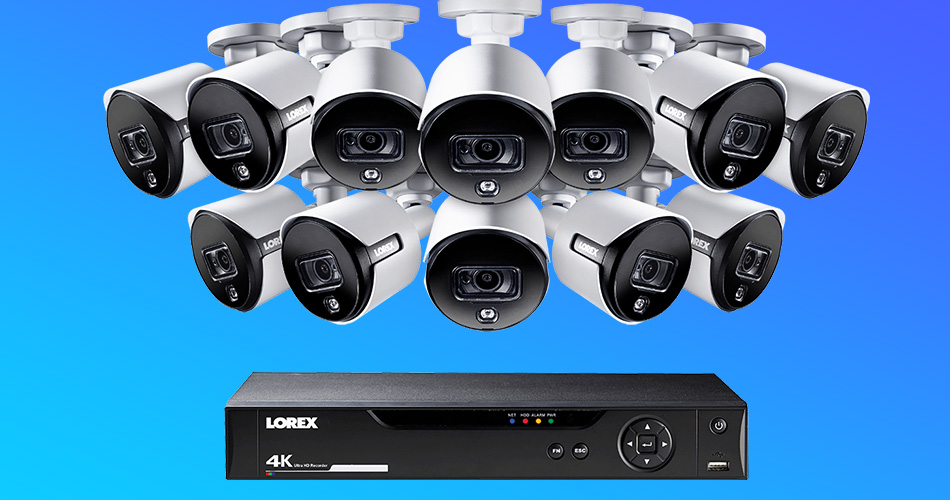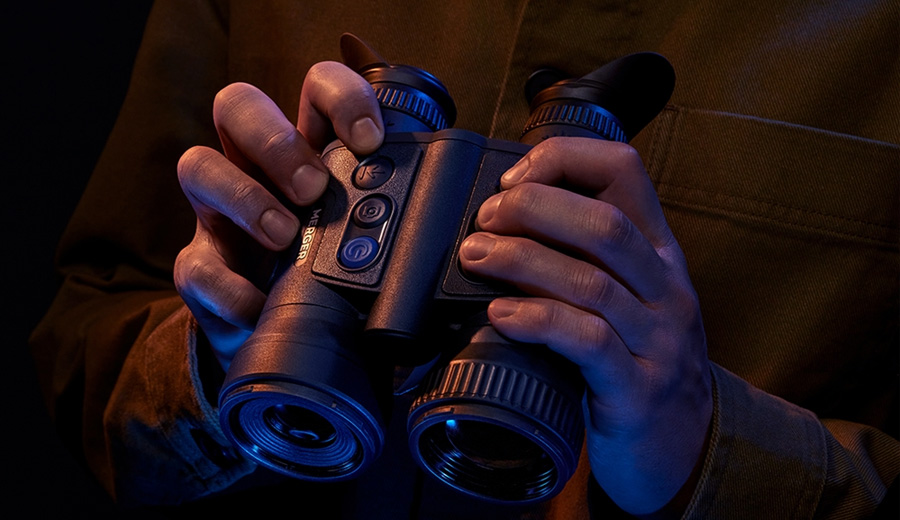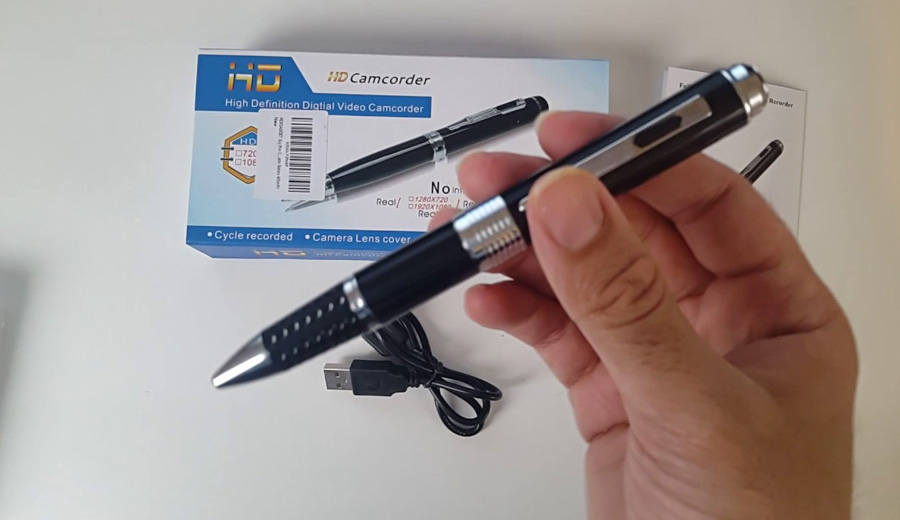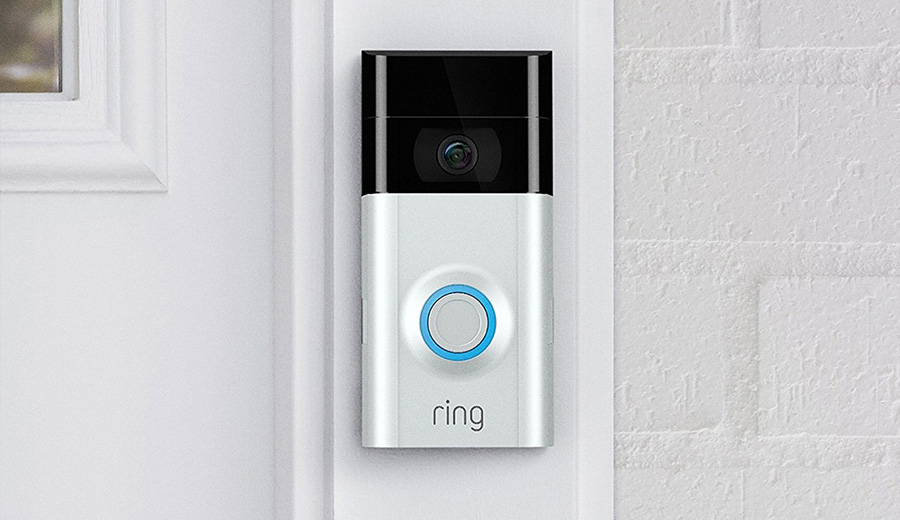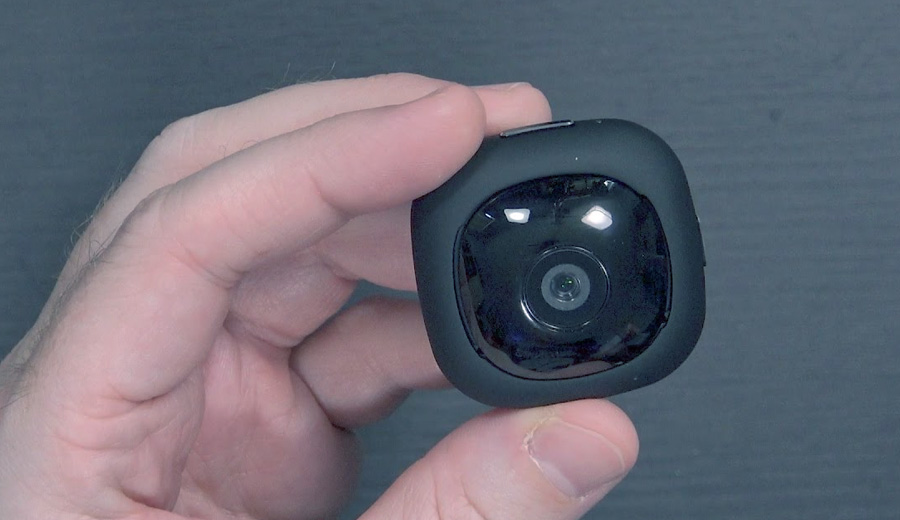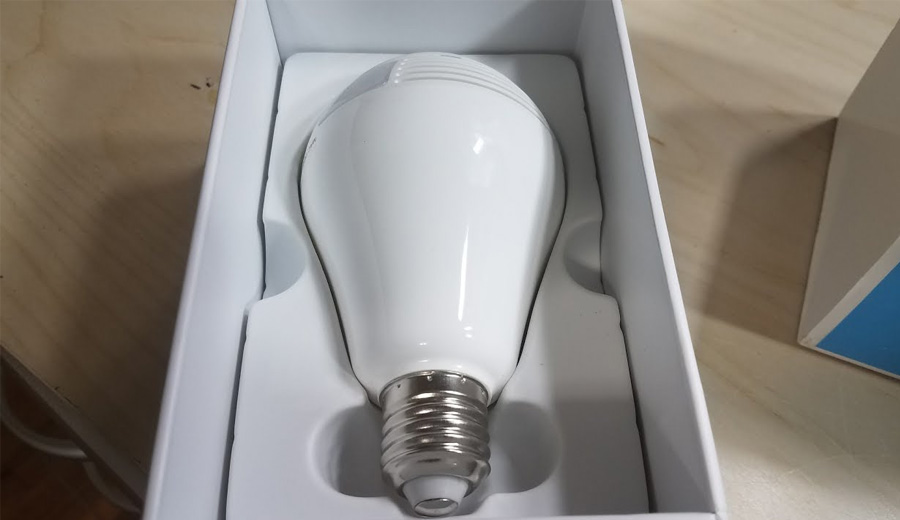Today, safety of your home and business is becoming more and more important. There is a growing demand for advanced surveillance solutions. One such popular security solution is the wireless DVR security system, which has completely transformed how we protect our spaces.
This cutting-edge technology offers convenience, flexibility and peace of mind for anyone who is interested in full-fledged surveillance system. We will explore the space of DVR security systems by explaining their purpose how they function and provide tips to help you choose the best DVR system that suits your security needs.
What is a Wireless DVR Security System?
A Wireless DVR (Digital Video Recorder) security system is an encompassing surveillance solution that combines advanced video recording technology with better storage capabilities.
Unlike CCTV systems that rely on wiring connections these modernized systems utilize wireless signal to transmit audio and video data from cameras to a central DVR unit.
The DVR serves as “the brain” of the system by storing and managing recorded footage that can be accessed remotely for real time monitoring or playback.
Unlike CCTV systems that use VHS tapes for recording which is an outdated technology, DVR systems convert video footage into a digital format and compresses it, enabling more efficient storage and easier access.
In a DVR system the cameras are connected to a unit via cables or wirelessly. This allows real time monitoring and recording of video and audio if security cameras offer audio surveillance. The digital nature of DVR technology enables users to easily navigate through footage, search for events and export relevant clips.
Overall, this provides a user-friendly experience.
On the hand NVR (Network Video Recorder) systems utilize IP cameras along with a network to transmit and store video data. NVRs offer flexibility in terms of camera placement. The ability to expand the network by adding cameras.
However, despite these advantages of NVR’s, many people still prefer DVR’s due to their compatibility with existing analog cameras and their cost effectiveness.
In addition, DVRs have the advantage of not relying on a network bandwidth for transmitting video, making them a dependable choice for areas with limited internet connectivity.
Overall DVR security systems are known for their video compression, simplified retrieval processes, and flexibility in integrating both analog and digital cameras.
The primary goal of a DVR security system is to offer an efficient way to monitor and record activities taking place in and, around a property. DVR system usually consists of cameras that come with features, like motion detection, night vision and high-quality video recording.
Its wireless connectivity makes it easy to install. Allows for easy camera placement making it suitable for both indoor and outdoor surveillance purposes.
Components of a DVR system include:
- Wireless Cameras – The cameras in a DVR security system connect to the DVR unit without the need for extensive cable installations. This wireless connection is usually established through technologies like Wi Fi or other radio frequencies.
- Central DVR Unit – The central hub of a DVR system is the DVR unit itself. It stores all video and audio data from the cameras serving as an archive that organizes and manages footage for easy retrieval.
- Remote Access – One of the advantages of a DVR system is its ability to provide remote access to live or recorded footage. Users can connect to the system using smartphones, tablets or computers allowing real time monitoring and playback options from anywhere.
Tips for Selecting DVR Security Camera System
- Resolution and Image Quality:
Choose a system, with high resolution cameras to ensure detailed footage. When it comes to cameras, opting for HD or 4K options can greatly enhance the image quality enabling you to easily spot important details in the recorded video. - Wireless Range and Reliability:
When choosing a security system, it’s crucial to consider its range and reliability. Make sure it covers the area you want to monitor and offers wireless connectivity without signal dropouts or interference. - Storage Capacity:
Another important aspect is the storage capacity of the DVR. Evaluate its ability to handle large amounts of video data. Look for systems that support large capacity drives or provide options for expanding storage externally. - Remote Monitoring:
Don’t forget to check if the system is compatible with remote monitoring applications. Opt for a system that offers user apps allowing you convenient access to your security footage when you’re on the go. - Night Vision and Motion Detection:
For 24/7 surveillance, ensure that the cameras are equipped with night vision. Additionally advanced motion detection features can be beneficial as they trigger recording only when movement is detected helping conserve storage space.
In conclusion a wireless DVR security system serves as a powerful tool in safeguarding your home or business by combining convenience and advanced surveillance capabilities.
When choosing the system for your requirements it’s important to give priority to the previously mentioned factors. These include resolution, wireless coverage, storage capacity, remote monitoring features, as advanced functionalities, like night vision and motion detection.
By considering these aspects you can make an investment in a dependable and efficient wireless DVR security system that offers the protection and peace of mind you rightfully seek.

